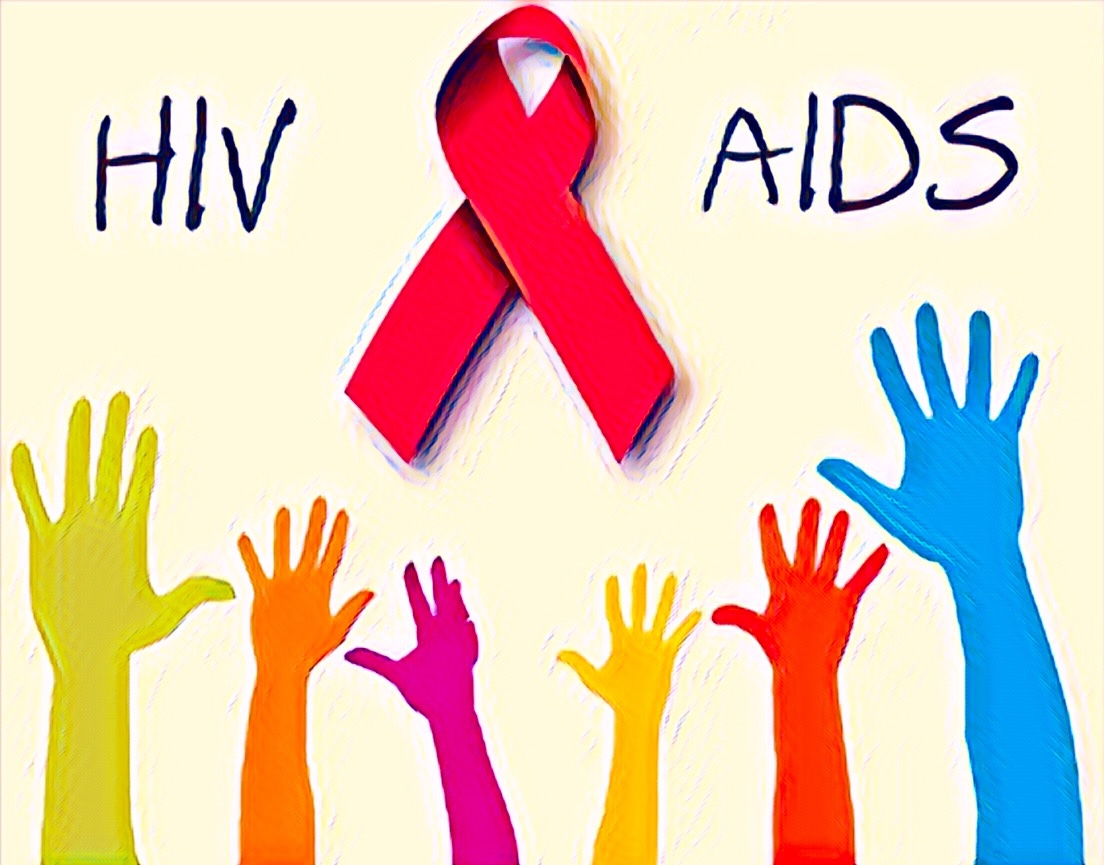Key Points
- Zimbabwe HIV response has cut infection rates significantly.
- Community groups and test-and-treat programs drive progress.
- New prevention drugs bring hope for an HIV-free generation.
At Gazebo Clinic in Caledonia, just outside Harare, 32-year-old mother of two, Esnath Tarava, reflects on her journey. Diagnosed with HIV five years ago, she now lives in good health thanks to Zimbabwe’s innovative HIV response.
“I was terrified when I first learned my status,” she said. “But support from the clinic staff and community groups changed my life.”
Her story mirrors Zimbabwe’s turnaround from one of the world’s hardest-hit nations to a leader in HIV treatment and prevention.
Zimbabwe HIV response transforms communities
In the early 2000s, HIV prevalence in Zimbabwe peaked at 25-percent. Limited access to treatment and stigma made matters worse.
By the late 2000s, government agencies, community groups, and health advocates united to launch bold initiatives.
Grassroots campaigns brought testing and counselling to rural areas. Community support groups helped people stay on treatment.
“Test-and-treat” programs expanded access to antiretrovirals, drastically improving survival rates.
“We knew we had to act decisively,” said Tsitsi Magure, a lecturer at the University of Zimbabwe. “This fight was about saving lives and restoring dignity.”
Women, who were disproportionately affected, became central to the movement. Gender-focused programs tackled violence, stigma, and unequal access to healthcare.
Hope rises as future medicines arrive
The results are striking. Zimbabwe’s HIV prevalence has dropped to 13.8-percent, according to national health data. Millions of lives have been saved, and a healthier generation is growing.
International partners are also stepping in. The U.S. Embassy recently confirmed Zimbabwe will be among 10 countries rolling out lenacapavir, a breakthrough HIV prevention drug. Clinical trials showed over 99-percent protection for those on the drug.
“This is a major step towards ending new infections in Zimbabwe,” the embassy said. Pregnant and breastfeeding women will be the first beneficiaries.
For Tarava, now a volunteer with a local HIV network, the progress feels personal. “I once thought my life was over. Now I’m healthy, strong, and able to give back,” she said.
Zimbabwe’s HIV response shows how community-driven action, government commitment, and international support can work together to save lives and rewrite the future.


